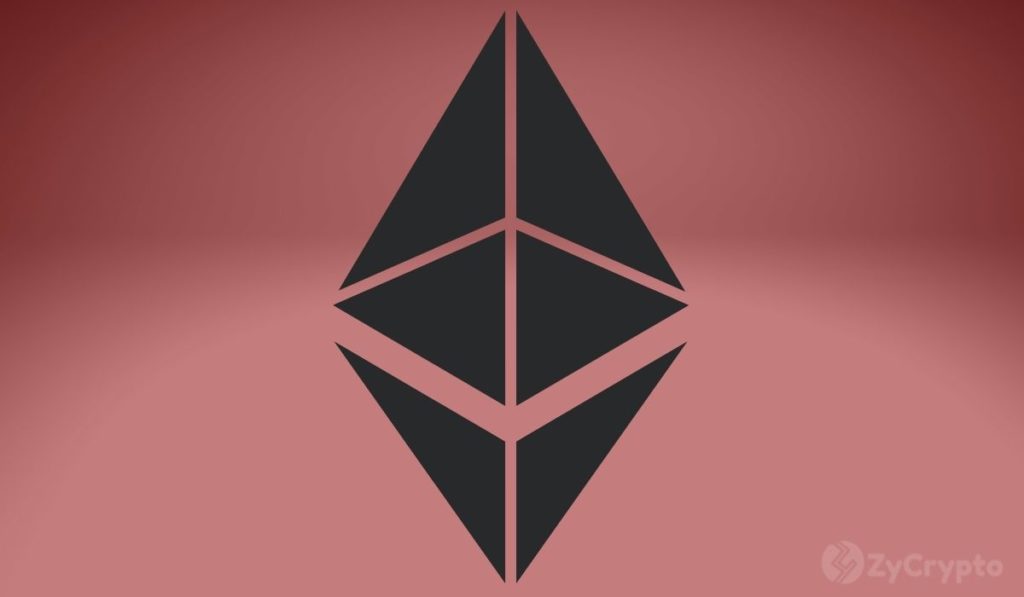
- Ether whales have driven ETH to near $3000 for the first time in a while.
- The asset surged by 15% over the last week to recoup some of the gains that it lost since the start of March.
- Retail investors are unable to match the pace of the whales.
Whale activity has become a source of concern for Ethereum developers in recent days. Despite this, $3K is within the crosshairs for the asset class.
Whales Carry Ethereum To Almost $3,000
The second-largest cryptocurrency is on the cusp of hitting $3000 again after a torrid couple of weeks. At press time, the asset was trading at the $2,846 mark and the surge towards surpassing the resistant point could be key for the asset to reach new highs.
On-chain data is indicative of a pattern of whale activity surging in tandem with ETH prices. Over the weekend, whale activity on the Ethereum network topped $8 billion which makes it the highest level since February 24th.
As ZyCrypto reported yesterday, Ether outflows from exchanges have been topping new highs with nearly 200,000 ETH withdrawn from major crypto exchanges in a day.
On the flip side, retail investors have dragged their feet after failing to match the enthusiasm of whales. These retail traders remained dormant despite controlling 55% of Ethereum’s total supply. Since the market crash, their impact has been minimal with the contribution to daily volume steadily dwindling.
 ETHUSD Chart by TradingView
ETHUSD Chart by TradingView
Ethereum gained an impressive 15% during the week to reach a high of $2,979.99. Transaction volumes hit a new peak while market capitalization climbed to nearly $400 billion. The surge leaves Ethereum with a market dominance of $18.42%, putting a bit of distance between it and Tether’s USDT which controls only 4.37%.
Concerns From Developers
Ethereum developers say the optimism from investors is affecting the complexity of the network. According to Peter Szilagyi, an Ethereum developer, the rise in complexity could lead to a cascading failure for the network.
“There have been engineering attempts to reduce the complexity (module split in Erigon, responsibility split in the Merge). Yet there was never any attempt to reduce the protocol complexity. We are already past the point of anyone having a full picture of the system. This is bad,” he said.
According to Szilagyi, a potential cause of the increasing complexity is the absence of a clearer communication channel between the developers and the research team. He added that if this is not fixed, it could cause dire problems for both Ethereum and the wider cryptocurrency markets.